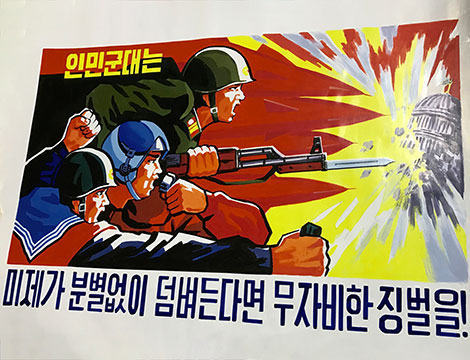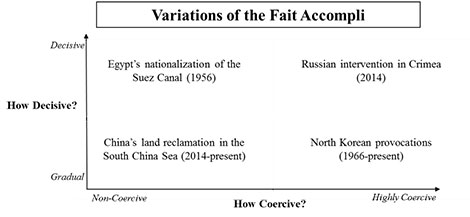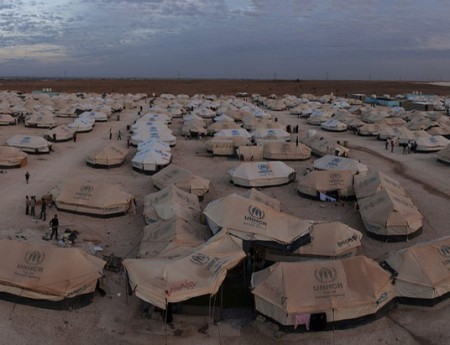
This article was originally published by IPI Global Observatory on 21 March 2017.
Developing a “security pact” to tackle insurgent jihadists al-Shabaab, who continue to stifle state-building efforts, is one of the key agenda items at the upcoming high-level conference on Somalia scheduled for May this year in London. This complex challenge first depends on identifying what makes al-Shabaab such a resilient movement. Despite some success on the battlefield, this is an understanding that has largely escaped Somalia’s various security forces—and their international supporters—until now.
Donors such as the United Kingdom, European Union, and United States have spent hundreds of millions of dollars on Somalia’s security services, including 1.8 billion euros pledged in September 2013 as part of the “New Deal Compact.” Yet al-Shabaab remains a potent force throughout most of the country. The London conference thus presents an opportunity to develop security architecture—and associated justice mechanisms—more in line with previous political progress in Somalia.





